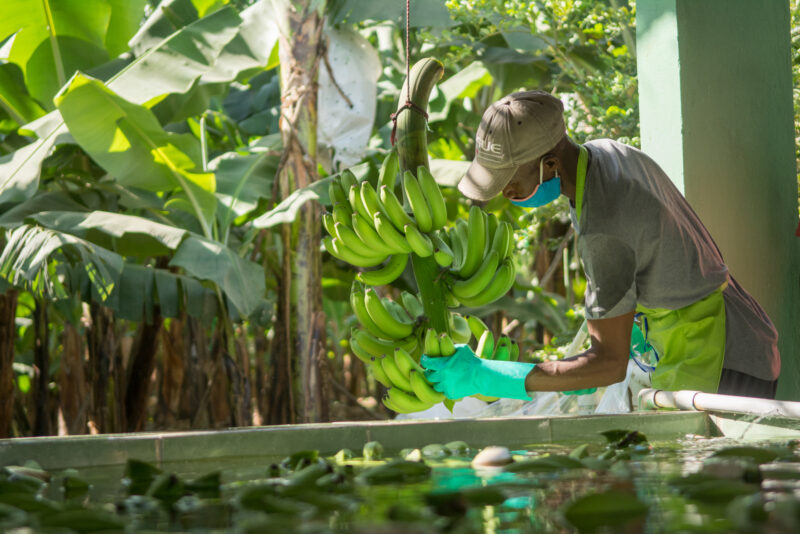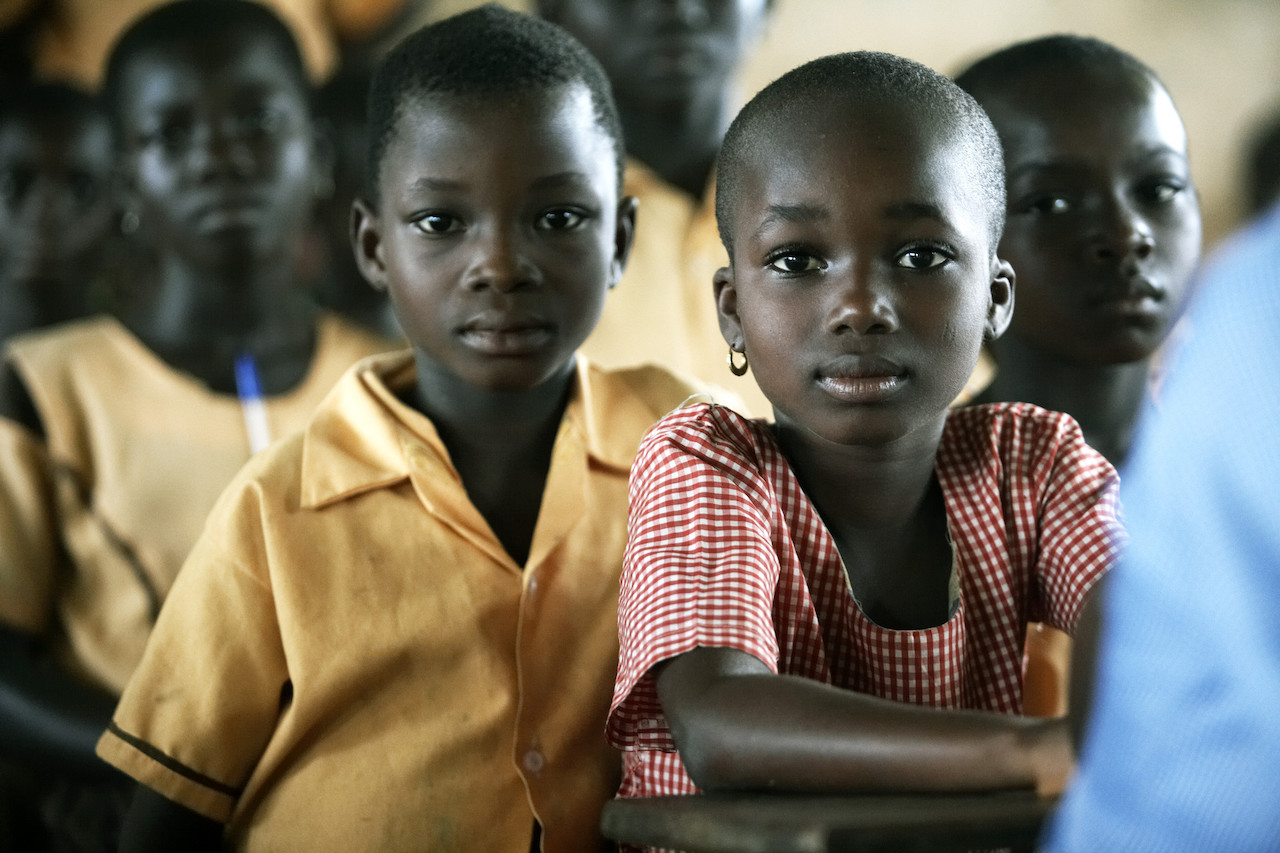
The cost of living crisis: How do you make a living when costs skyrocket but wages stay the same?
Read more

Poverty is the root cause of many inequalities farmers and workers face. Fairtrade has ending poverty at the heart of what it does.
According to The World Bank (2018) more than 700 million people are surviving on less than C$3 a day.
Many of the farmers and workers who produce our favourite products like coffee, cocoa, and bananas live below or close to the poverty line and are vulnerable to price fluctuations, climate change, and dishonest buyers who can take entire harvests and then disappear without paying.
The Fairtrade Minimum Price and Premium provide important price protection and additional funds to farmers and workers. Fairtrade cooperatives can choose to pay out a share of Premium funds to members, as can workers on certified plantations, in order to boost incomes. Collective Premium projects lower workers’ expenditure on health, housing and education.
The Fairtrade Standards require employers to incrementally increase wages to reach a living wage. We have also introduced the Floor Wage requirement that offers protection to workers in countries where wages are extremely low.
We co-founded the Global Living Wage Coalition, and support the development of living wage benchmarks for specific countries and regions. These benchmarks help us to see the gap with current wages and find solutions together with employers, workers, buyers and retailers.
We are raising our voices to bring attention to this issue, with other committed partners, to encourage actions by governments, companies and consumers that will make progress toward farmers and workers earning a decent living.

We have benefited from an increase in salaries, but there is more than that. Through Fairtrade, my children and even my husband were able go to school and further their education. Besides this, the entire community is benefiting from Fairtrade projects such as the water project and, more recently, the construction of the dining hall and canteen.
Sirila Ion
Flower Worker at Mount Meru, Tanzania
We consider a living income as the amount needed to provide for farm costs, their household needs like food, healthcare, housing, and education, plus some discretionary funds (for opportunities and emergencies).
If smallholder farmers dedicated to producing valuable crops cannot afford a decent standard of living from their earnings, global food supply chains will never be sustainable, rural communities won’t prosper and the natural environment will suffer the consequences.
This is also different for workers (people who work at farms they don’t own).
Our ambition is that workers have the power to improve their own livelihoods and negotiate their wages and terms of work. Instead of simply requiring higher wages, our approach is that each stage of the supply chain should contribute to a living wage for plantation workers.
Some possibilities include plantations committing to a higher base wage or buyers paying a higher Fairtrade Minimum Price or Premium.

Fairtrade supports farmers and workers in gaining more from trade. Learn more about the ways Fairtrade is committed to a decent living for farmers.